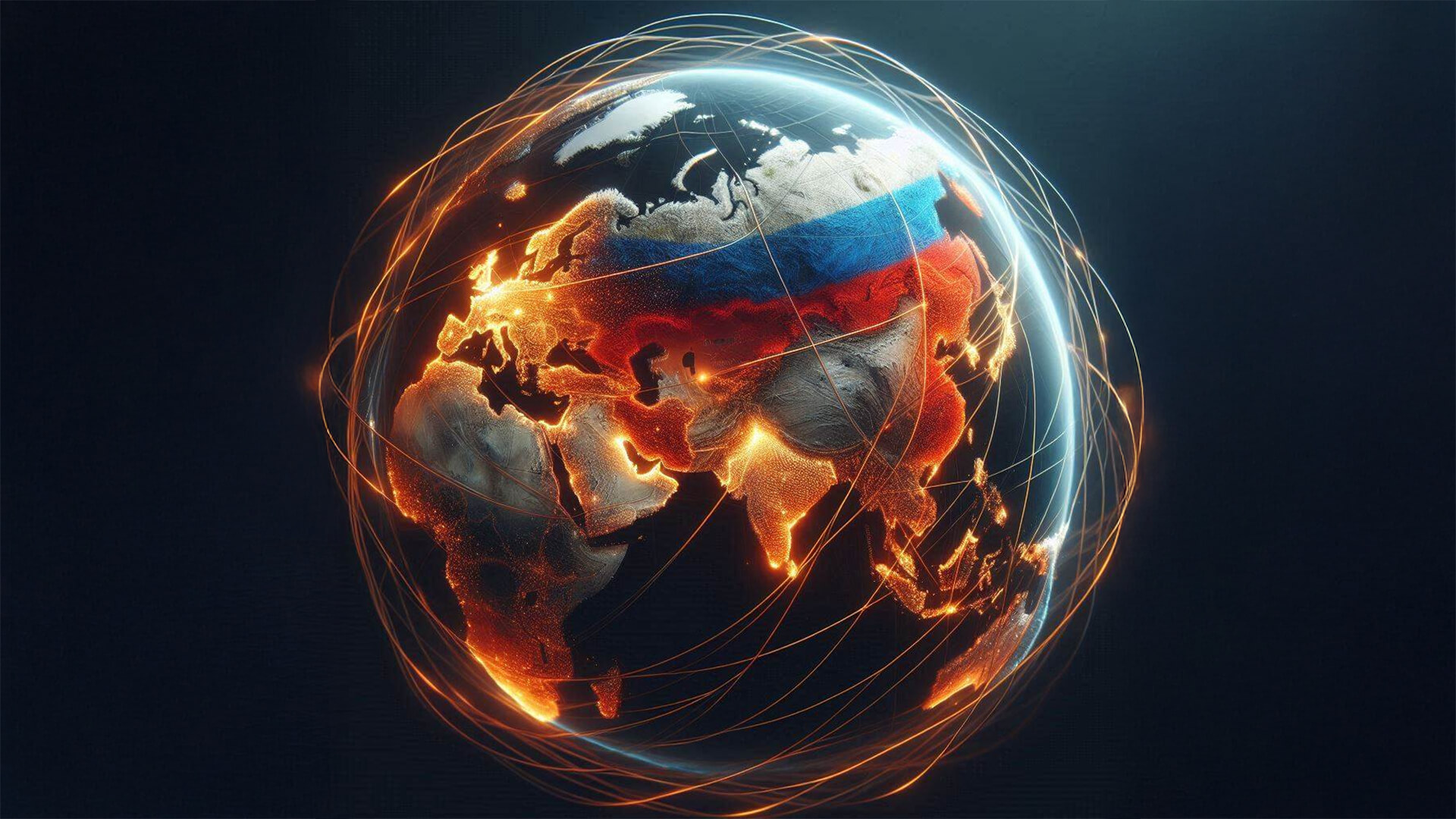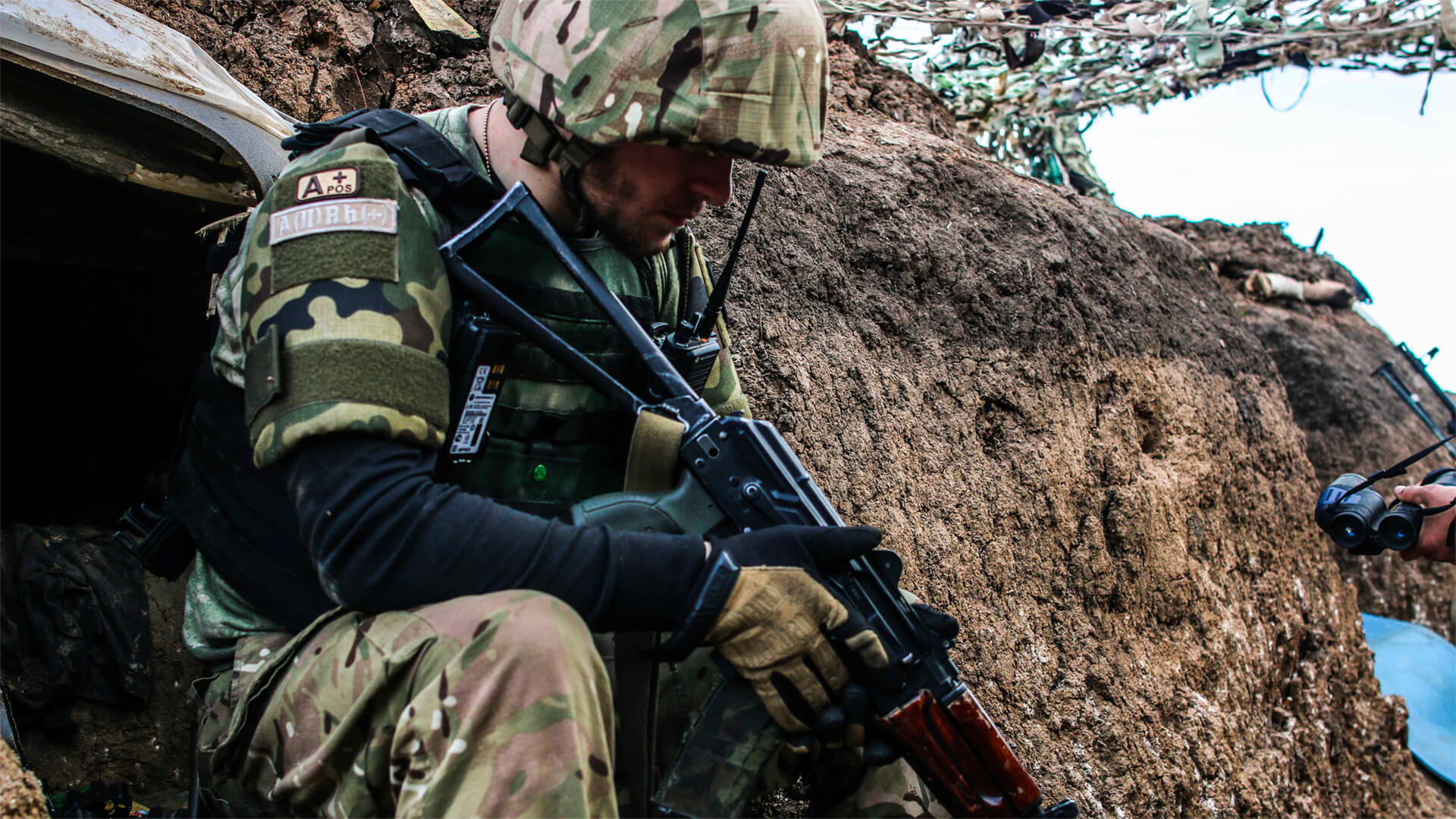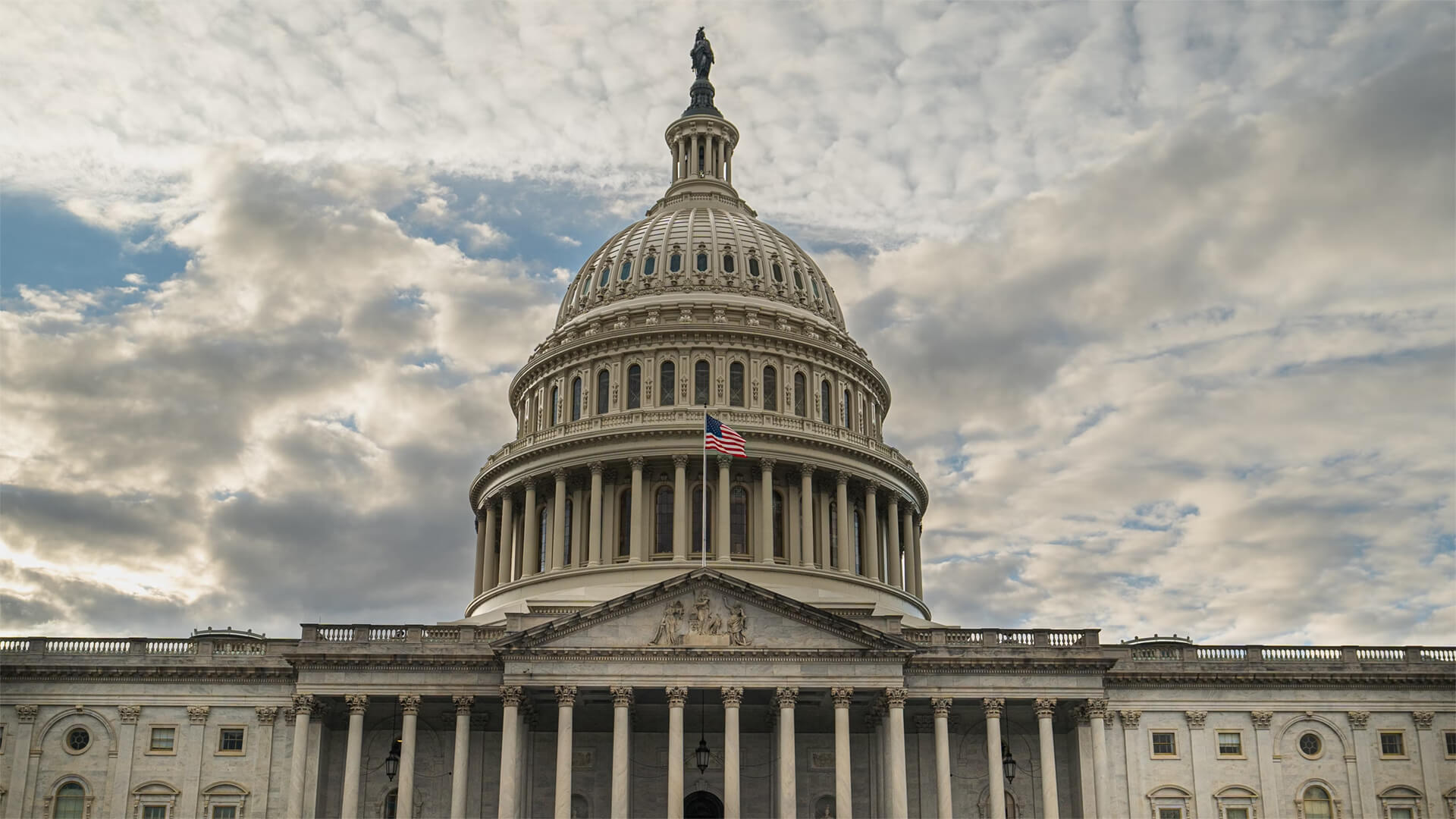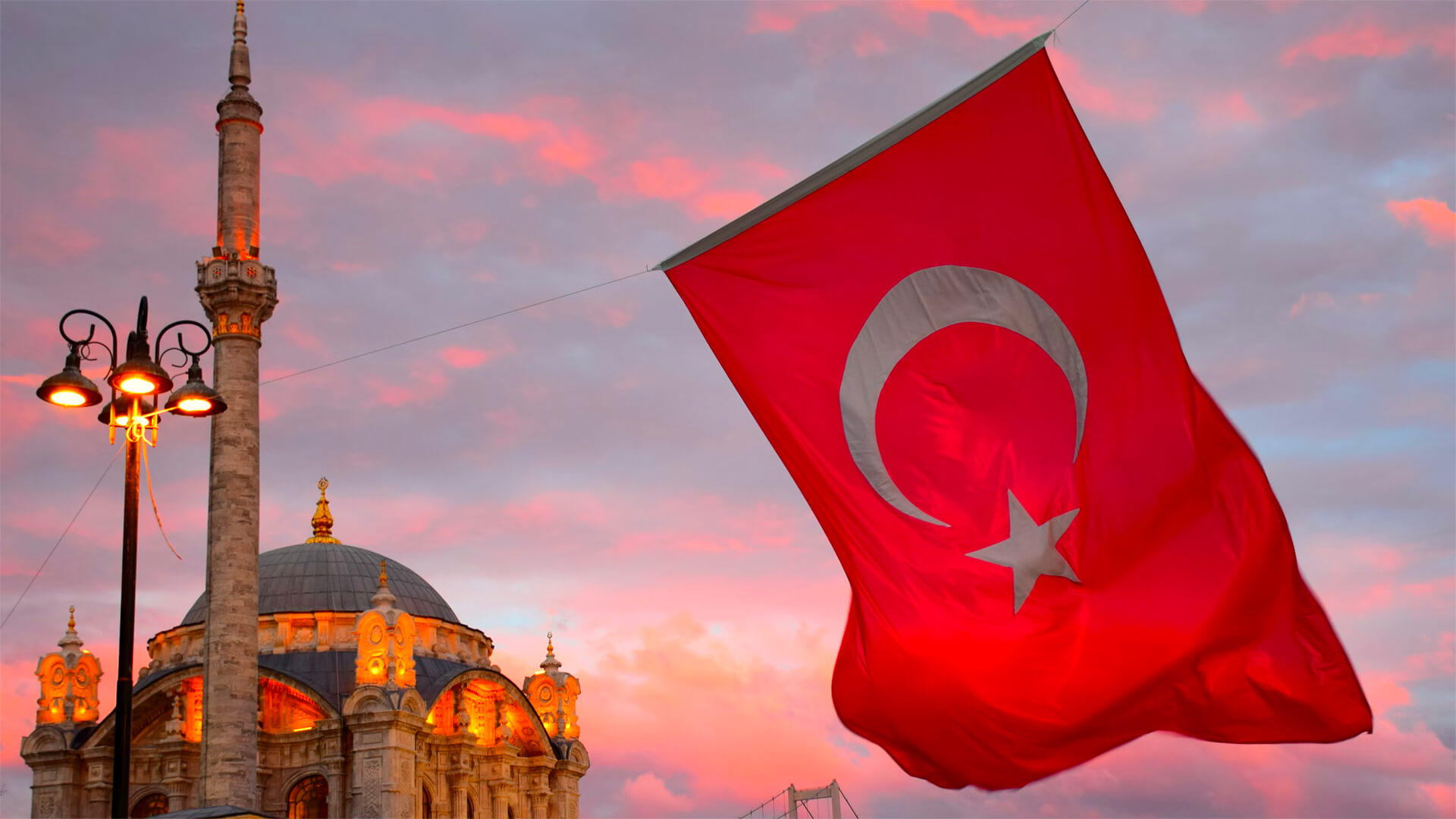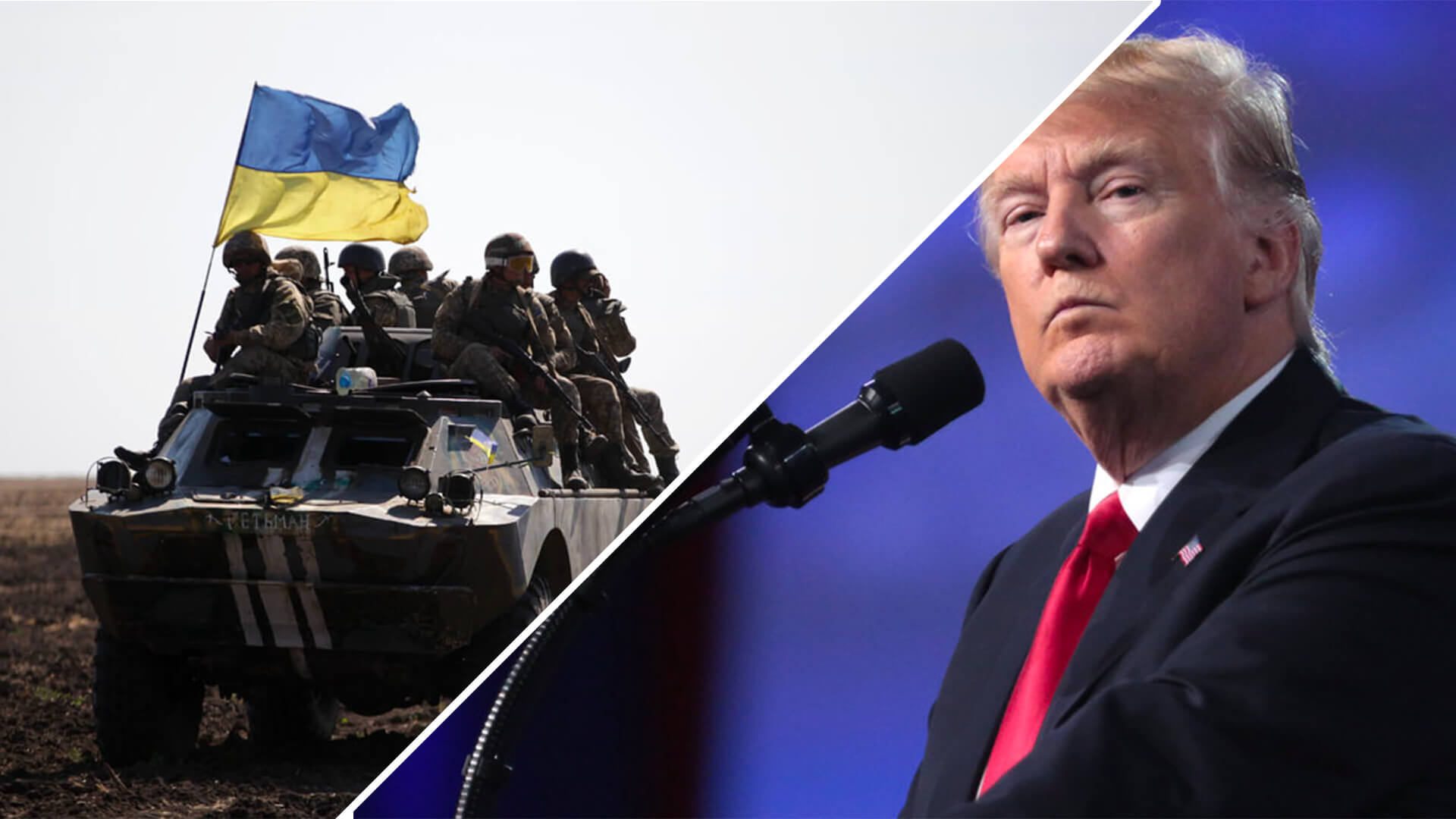We’re only four days into this series and somehow it seems as though we’re weeks behind current events. So, I’m doing some rapid fire updates this weekend to bring everyone up to speed.
Even if I sat here with a dictionary, a thesaurus, and ChatGPT trying to come up with the right words to describe these last 96 hours, I’m not sure I could muster up anything better than this: HOLY S***!
Here at Zeihan on Geopolitics, our chosen charity partner is MedShare. They provide emergency medical services to communities in need, with a very heavy emphasis on locations facing acute crises. Medshare operates right in the thick of it, so we can be sure that every cent of our donation is not simply going directly to where help is needed most, but our donations serve as a force multiplier for a system already in existence.
For those who would like to donate directly to MedShare or to learn more about their efforts, you can click this link.
Transcript
Hey everyone. Peter Zeihan here. You are about to watch a video on a series that I’ve put together called The Russian Reach, which examines the role of the Russians in manipulating the current white House as well as the US government in a broader sense.
For anyone who signs up for my newsletter for watching any video for the remainder of the month, any sense that you would have normally given me for the next three months is going to a medical charity called Med Share.
But your steps in to help out communities who, through no fault of their own, have temporarily lost the ability to look out for themselves. So, for example, if the Russians are bombing your power grid and the Americans are no longer providing the tactical intelligence so you can anticipate the missile strikes and position your air defense and the Americans.
Furthermore, have stopped all financing to help you repair said power grid. In the aftermath, Medicare steps in to help hospitals with things like diesel generators. This QR code will take you directly to the Ukraine page, and that is where all of the donations will be going.
Hey, everybody. Peter Zeihan, here it is early in the morning on March 8th. March 8th? We’re deep into the series on the Russian reach right now. And while it has only been, oh, my God, four days since we launched it, so much has evolved. So this video today is going to be an attempt for me to get you caught up on everything that’s gone down in the last 96 hours.
This is Loki. He’s my copy editor.
This week, the Trump administration sent a delegation to Kiev to speak with the opposition, which in of of itself is not all that odd. The United State maintain a bipartisan boring you. Yes. So US maintains a bipartisan foreign policy, and that’s not just a Democrat Republican thing.
It’s an us and them thing. The idea being that you never know who is going to be across the table from you after an election. So you maintain good relations with both sides. So whenever we’re visiting another democracy, if there is time, Secretary of state or whoever tends to carve out at least a little bit of time to meet with the other side to keep everybody in the loop in an agreement, at least until this week, because the only topic that the Trump team wanted to discuss in Kiev and then even bother going to speak to the government was, how do we get rid of Zelensky specifically, how do we get early elections so that he can be gone now to God? This is a very Russian thing to do. In fact, Russia is the only country where we don’t have this sort of bipartisan approach because there is no opposition. Every democracy in the world is going to look at this and see the United States playing favorites and willing to tilt the electoral balance like they did in Germany recently.
And it’s going to put a chill on relations with everyone for everything, unless it happens to be a one party state, in which case they’re going to take their own lessons from it. Right now, to their credit, the people who the Trump administration met with turned him down flat. They’re like, guys, we’re we’re in a war.
We’re under martial law for good reason. And Zelensky, while he’s our political opponent, is doing a decent job. I mean, the only people who think he’s a crook are the Russians. And you. So, you know, kudos there. But this is definitely going to have reverberations for U.S. policy moving forward everywhere. All right. What’s next?
All right. Next up is Russia. Vladimir Putin, on the 6th of March, preemptively rejected every version of every ceasefire plan currently under discussion, saying that none of them even remotely addressed Russia’s concerns. Keep in mind that the Russian goal here is not simply to destroy Ukraine, but it’s to carry on the war until it reaches a more defensible perimeter that includes all of the territory of Moldova, Estonia, Latvia, Lithuania and at least the eastern half of Poland, or at least the north eastern half or quarter of Romania, basically getting all the way to the Vistula River, the Danube River and the Carpathians, and probably now including Finland.
Now, now that I think about it, the Russians will settle for nothing less than the complete demilitarization of Kiev. The extradition of Zelensky and absolutely no foreign peacekeepers on Ukraine territory at all, because they want to be able to restart the war after a cease fire once they’ve had a chance to rearm and get more equipment from China, North Korea.
And right now, the Russians feel absolutely no compunction to negotiate on everything because the American administration is basically using Russian talking points on everything, calling Zelensky a dictator and a criminal, saying that the Europeans are the actual war party here, not the Russians who are the rapists and murderers and so on. So, yeah, good luck with those negotiations.
Okay, What’s next?
All right, let’s talk about what’s going on. On the ground, on the war in Ukraine. A couple days ago, the United States stopped all intelligence cooperation with Ukrainians, making it much easier for the Russians to bombard Ukrainian cities, because no longer are they getting early warnings about the attacks, they can’t position anything. It also prevents the Ukrainians from going after Russian logistics because they don’t know where they are now.
In addition, on the sixth, the United States banned all private companies from selling any sort of recon related information, including satellite images, to the Ukrainian government. So basically, we took what was a gutting and turned it to a complete blackout. And on the seventh, the Russians claim that they have achieved a series of breakthroughs in Kursk province.
That’s a little chunk of Russia to the northeast of Ukraine that Ukrainians have established a foothold in over, last summer and into the winter. Basically, the Russians are now able to maneuver without any problem, they’re not being seen. Or more to the point, they’re not being seen by the Ukrainians. And so the Ukrainians simply can’t move troops to where they need to be.
So the United States has basically fully sided with the Russians here. And for the Russians to achieve some sort of breakthrough on this short time frame, you know, less than 72 hours after the original information cutoff. The Russians are slow, so there is no way that the Russians could have moved that far that fast, with that sort of achievement, without some act of collaboration on behalf of the US government.
So it’s not that the United States is neutral in this. It’s not that the United States is siding against the Ukrainians. It’s the the United States is now actively assisting the Russians in the war. Okay. What’s next?
Okay. Final one. In the last five days, the US government has launched a pretty significant assault on its own ability to gather and publish information. I’m not just talking here about things disappearing from online websites, although that is a big deal. But more specifically, the Trump administration has dissolved the federal Economic Statistics Advisory Committee, which basically helps put together the data for things like GDP and, inflation and employment.
They’re gutting several of the committees that work to do the work on these things. Within the Bureau of Economic Analysis, which is the platinum standard for government statistics on a planetary basis, and in general, going after the Department of Labor and the Bureau of Labor Statistics as well. Noah has been. That’s the National Oceanic and Atmospheric Administration.
Basically, whether for the federal government has basically been so pared down from staff, it can’t function. And it’s removed all of its climate data, which is making the farming community freak out because, you know, I don’t know if you knew this, but weather’s kind of important to farmers. And then in the census, they’re stripping out anything that has anything to do with, undocumented populations.
Keep in mind that the census counts these people not because they’re citizens or because they’re going to qualify for services, but so that urban centers and states have some idea of what the population complexion is in their state so they can make educated decisions all in, it’s generally blinding the US government at all levels to the reality of the situation on the ground, making policymaking difficult.
And just to make it a little bit worse, the Trump administration wants to rejigger how GDP is calculated so that the actions that they’re taking right now, aren’t reflected in GDP data officially. The idea is that we’re trying to pare down the federal government. And so that would make it look like we are having a recession when it’s really a one off.
But really, this is more of an Argentina style Potemkin bullshit, where if you know, the statistics are going to be bad, you change the way that they’re generated so they don’t look nearly as bad as they really are. That’s a lot. We’re going to continue to try and keep you updated. Hopefully I won’t have to do anything this long every single week.
But there is so much going on and there is so much breaking. As I said in the series, we’re seeing an active deconstruction of American power here, and the events of just the last 96 hours are kind of mind blowing that any of these things have happened, much less all of them.

